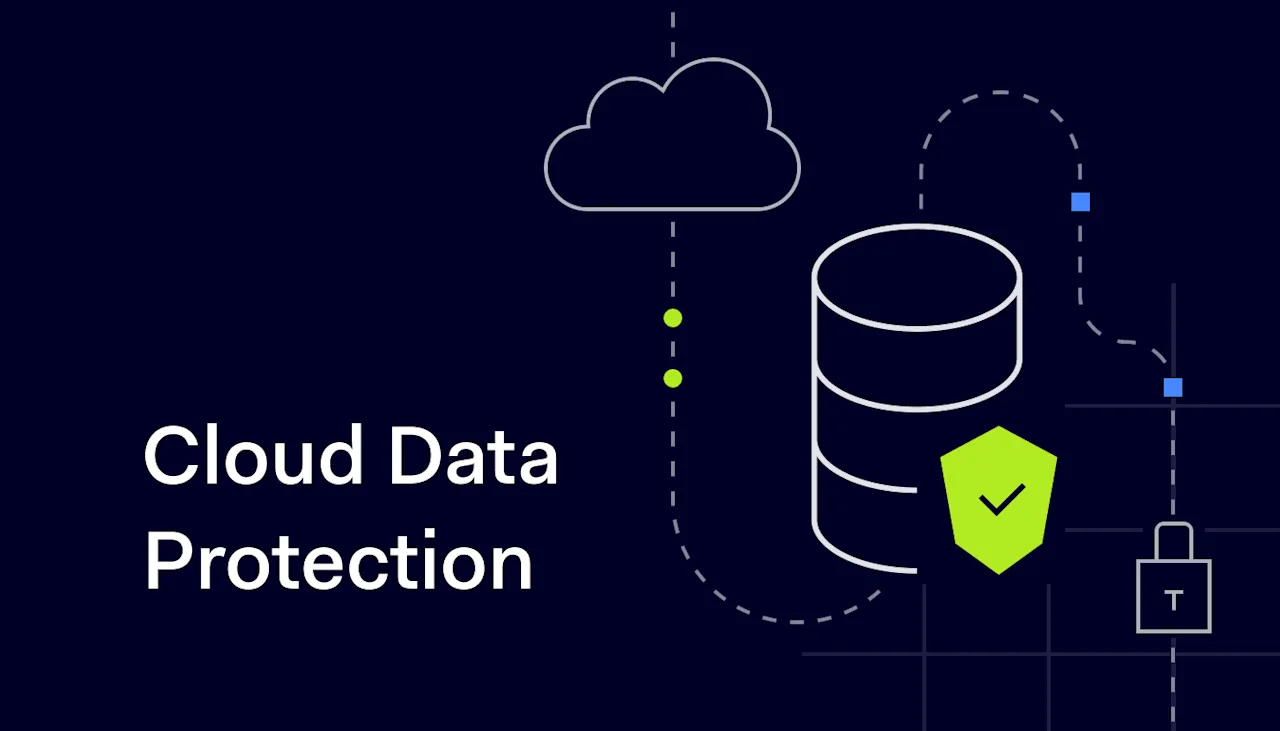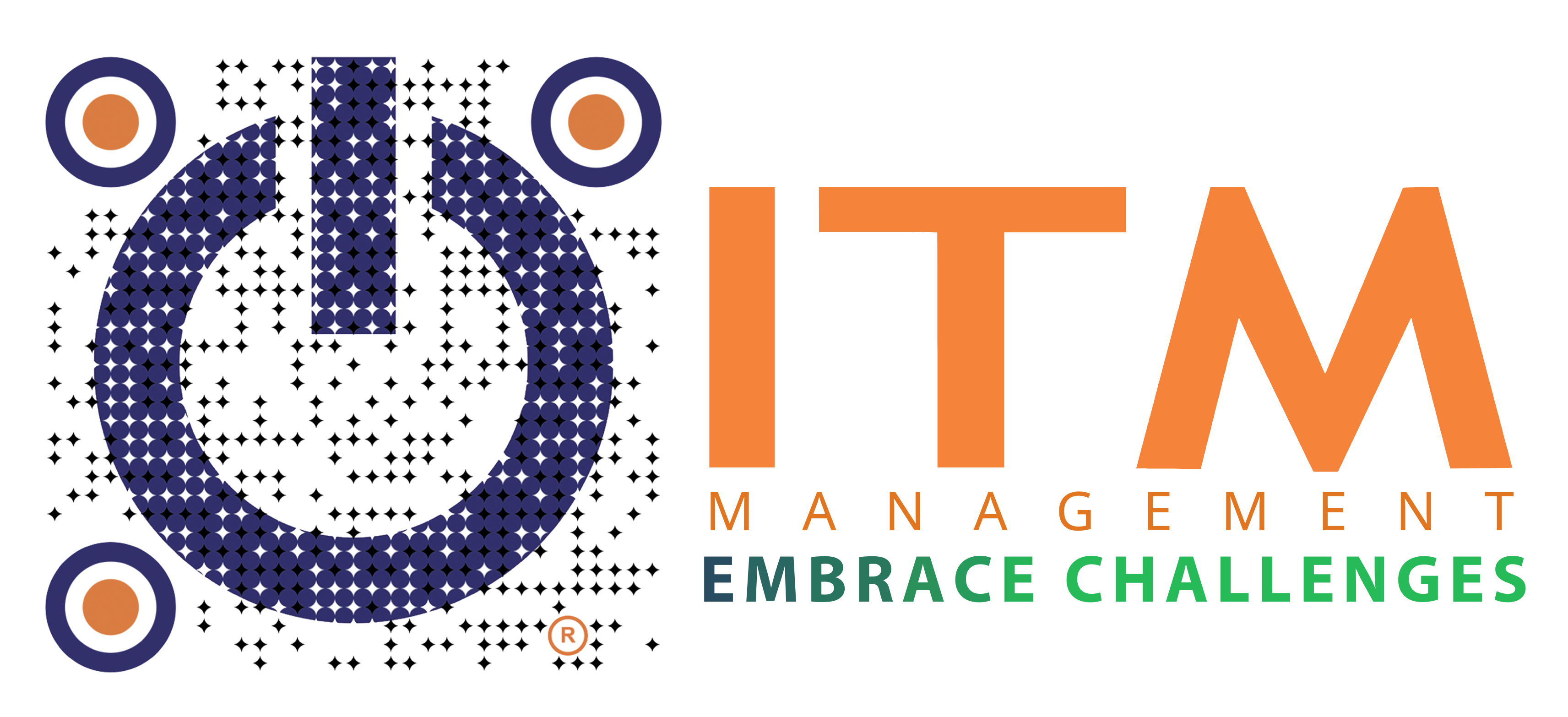As more and more organizations migrate part or all of their infrastructure and data to the cloud, managing and protecting data in a hybrid environment remains a challenge for many. This article will provide key strategies for effective data management and protection in a hybrid cloud environment.

- Data Tiering and Multi-Region Management:
- Classify data based on sensitivity, access patterns, and compliance requirements
- Store critical/sensitive data on-premises while keeping less critical data in the cloud
- Implement multi-region data replication to ensure data availability and disaster recovery
- Unified Data Protection:
- Deploy a comprehensive data protection platform that spans on-premises, private cloud, and public cloud
- Ensure consistent backup, recovery, and monitoring capabilities across the hybrid environment
- Enable seamless data mobility between on-premises and cloud for optimal utilization
- Ransomware Protection:
- Implement robust anti-malware solutions and air-gapped backup strategies
- Regularly test recovery capabilities to ensure business continuity in the event of an attack
- Leverage cloud-native capabilities for faster recovery and reduced on-premises infrastructure
- Automation and Orchestration:
- Automate data protection workflows, including backup, recovery, and replication
- Orchestrate disaster recovery and failover processes across on-premises and cloud resources
- Leverage APIs and scripting to integrate data protection with other IT processes
- Visibility and Analytics:
- Gain comprehensive visibility into data protection status, performance, and cost across the hybrid environment
- Leverage analytics to identify trends, optimize resource utilization, and make informed data management decisions
- Proactively monitor for anomalies and potential threats to data integrity
- Compliance and Governance:
- Ensure data protection solutions meet regulatory requirements, such as GDPR, HIPAA, or industry-specific standards
- Implement data retention and archiving policies to facilitate long-term data preservation and eDiscovery
- Maintain detailed audit trails and reporting capabilities to demonstrate compliance
By adopting these key strategies, organizations can effectively manage and protect their data in a hybrid cloud environment, ensuring business continuity, data security, and regulatory compliance.
ITM’s partnership with Veeam provides a range of solutions to Data Cloud, and Security to help customers implement these strategies and safeguard their critical data assets. Don’t hesitate to contact us for optimal Hybrid Cloud Data Protection solutions







